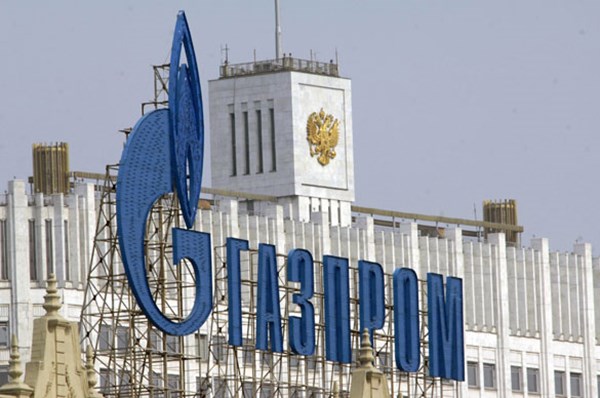Gazprom takes Germany to court over Nord Stream 2 decision
Nord Stream 2 AG has appealed to the Supreme Regional Court of Dusseldorf against the decision of the German Federal Network Agency, which refused to exempt the Nord Stream-2 gas pipeline from the EU Third Energy Package.
The Swiss company, 100% owned by Russian gas giant Gazprom, considers the decision of the German regulator "discriminatory" and contrary to the "constitutional guarantees of the Basic Law" of the country, reports Interfax, citing a statement of Nord Stream 2 AG.
The German energy market regulator has ruled that Nord Stream 2 must comply with European competition standards: the gas supplier (Gazprom) cannot be the owner of the pipe at the same time.
In practice, this means that even if the pipeline is completed by the end of 2020, the Russian gas monopoly will have to give to independent suppliers half of its capacity - 27.5 billion cubic meters per year out of 55 billion .
Gazprom is not able to comply with the requirements. only its oil fields are connected to Nord Stream-2, and in addition, no other Russian company has the right to export pipeline gas. In other words, the pipe will remain half-empty.
The project was built with an expectation to exploit a "loophole" in European law: initially the requirements of the gas directive did not apply to offshore pipelines. In 2017, the European Commission proposed to eliminate this possibility, but Germany blocked the adoption of the amendments for more than a year. The situation changed dramatically after the intervention of France, which declared that Nord Stream 2 will add to "strategic problems" in already strained relations between Russia and the EU.
In April 2019, the European Parliament overwhelmingly (465 for, 95 against with 68 abstentions) approved changes to the legislation and extended the gas directive to offshore pipelines coming from third countries.
On January 10, 2020, Nord Stream AG applied for the exemption of the project from the requirements of the Gas Directive. The company said the project was expected to be completed in May 2019 - that is, until the amendments came into force. By "completion" Nord Stream AG meant the end of investments, not the physical completion of construction.
But the Federal Network Agency of Germany rejected this argument.
Nord Stream 2, in light of the incomplete construction, does not comply with the terms of the German Energy Economy Act to be exempt from these rules," the regulator said, adding that "the economic and functional understanding (the concept of completion of the project) it's out of the question."
Nord Stream 2 AG is expected to lodge a protest in the Supreme Land Court in Dusseldorf, which is likely to redirect the appeal to the European Court of Justice. The chances of a successful ruling are slim: officials in Brussels have repeatedly stated the need to diversify gas supplies and reduce dependence on Russia.
Hopes for change in the EU leadership were not justified. The new head of the EC, former German Defense Minister Ursula von der Leyen, supported the position of her Polish predecessor Donald Tusk.
Nord Stream 2 carries a "threat of over-reliance on Russian energy," she said in July, stressing that dialogue with Russia must be conducted "from a position of strength" because "the Kremlin does not forgive weakness."
The construction of Nord Stream-2 was stopped at the end of December 2019 after the imposition of U.S. sanctions. At that time, less than 200 km of pipe remained to be laid on the bottom of the Baltic Sea. After talks with Chancellor Angela Merkel on January 11, Russian President Vladimir Putin said that the project will be completed and will be operational no later than the first quarter of 2021.
